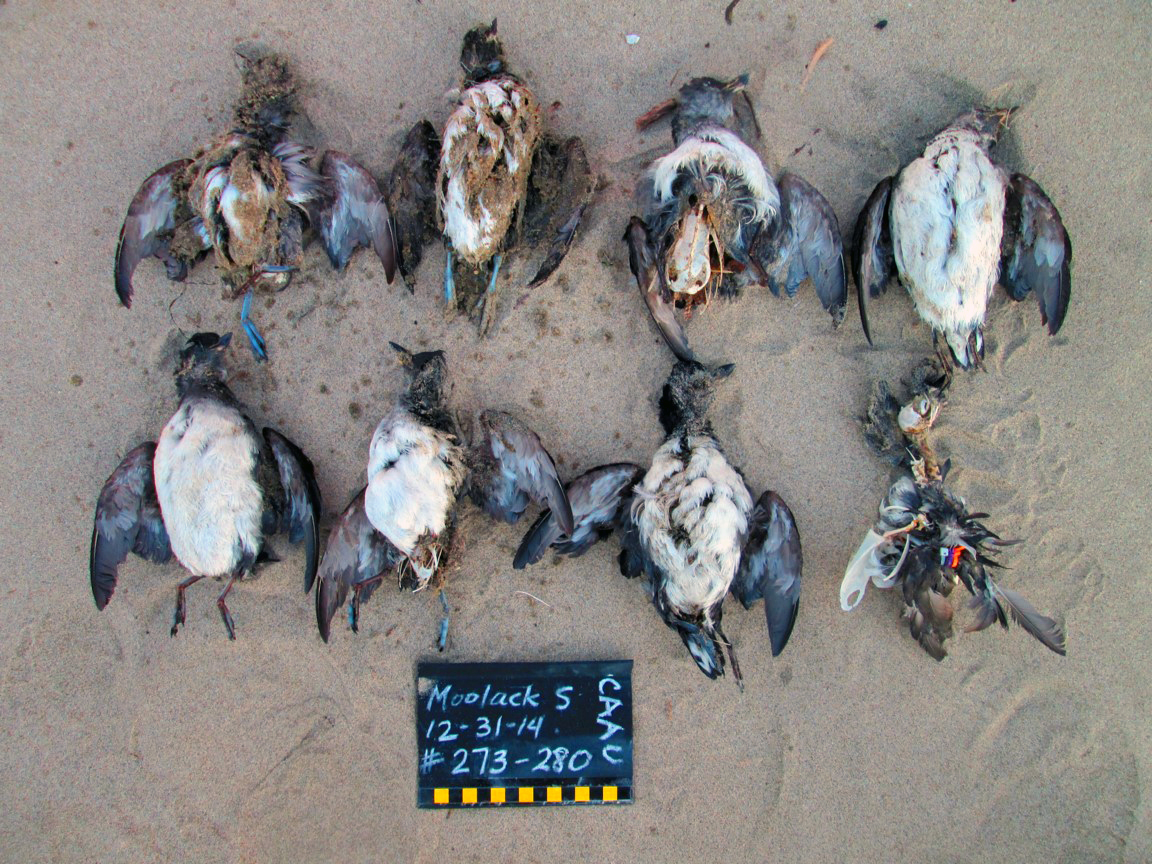The following is an excerpt from an article published by UW News: Hickey, H (2018, June 18). Great white sharks dive deep into warm-water whirlpools in the Atlantic. Retrieved from http://www.washington.edu/news/2018/06/18/great-white-sharks-dive-deep-into-warm-water-whirlpools-in-the-atlantic/

It’s always good to know where great white sharks are likely to be swimming. That’s true if you’re a nervous beachgoer, a fishing boat trying to avoid illegal bycatch, or a marine biologist hoping to conserve this vulnerable species.
A study from the University of Washington and Woods Hole Oceanographic Institution looked at the movements of adult female white sharks in the Gulf Stream and North Atlantic Ocean. Results showed, surprisingly, that they prefer warm-water eddies — the clockwise-spinning whirlpools in the ocean — and tend to spend more time deep inside these slowly spinning features.
The open-access study was published in May in Nature Scientific Reports.
“We’ve decimated some open-ocean shark populations to a fraction of what they were 100 years ago. And yet we don’t know the basics of their biology,” said lead author Peter Gaube, a senior oceanographer at the UW’s Applied Physics Laboratory. “If we know where those sharks, or turtles or whales might be in the open ocean, then the fisheries can avoid them, and limit their bycatch.”
Gaube investigates how ocean eddies, or whirlpools, influence the behavior of marine animals. His previous study, on loggerhead sea turtles, similarly found that they prefer the anticyclonic, or clockwise-spinning, eddies. These features trap large amounts of water at the ocean’s surface and are most often warm, clear and low in nutrients.
The new study analyzes movements of two female great white sharks tagged in September 2012 off Cape Cod and in March 2013 off Jacksonville, Florida. The tricky job of tagging the animals was done by OCEARCH, a nonprofit that focuses on tagging and tracking sharks. One shark just had a position tag, while the other had a second tag that also recorded temperature and depth. The sharks were tracked for nearly 6 years, with one still reporting its position regularly, as they swim north with the Gulf Stream and then out into the open ocean.
The high-tech tags are made by Wildlife Computers in Redmond, Washington. The early shark-tagging projects could just offer rough ideas of where sharks were swimming, Gaube said. But since precise satellite position networks were made available to the public, and with improvements in computing and batteries, the tags can now collect detailed information as sharks travel throughout the marine environment.
Researchers took the data from the two sharks and compared their position in the ocean with sea-surface height data from satellites showing where the huge, swirling warm- and cold-water eddies were located at that time.
“These eddies are everywhere, they cover 30 percent of the ocean’s surface,” Gaube said. “It’s like what you see if you’re walking along a river, and these eddies form behind rocks, but it happens on a different scale in the ocean: Instead of being a little thing that disappears after a few seconds, they can be the size of the state of Massachusetts, and can persist for months to years. You could be in the middle of an eddy in a ship and you’d probably never know it. The water may be a little warmer, and it could be a little clearer, but otherwise you wouldn’t know.”

